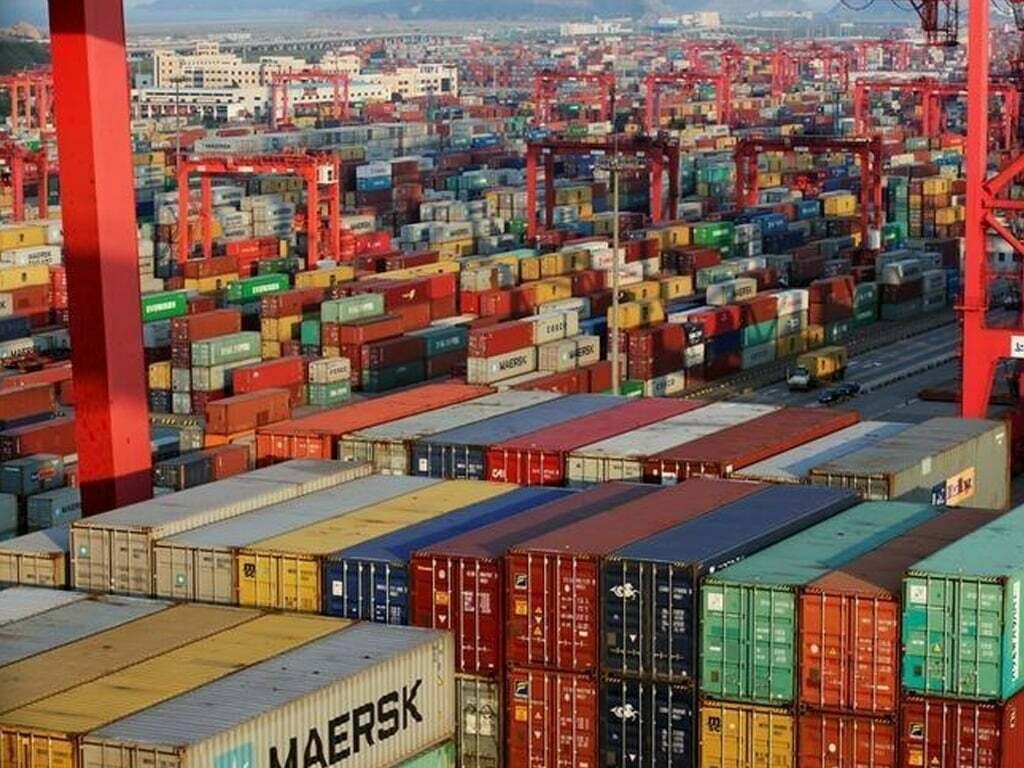In a country where outsourced workers represent 27 per cent (around 13 million) of the workforce in the formal sector, an IndustriALL Global Union Study of precarious workers in Brazil has highlighted the financial, psychological and physical costs of outsourcing on workers’ lives and families.
In-depth interviews were carried out with union leaders and 22 subcontracted workers in the states of Sao Paulo and Bahia. Six of the workers were women and three were migrant workers from Haiti and Bolivia. All the workers are employed by numerous subcontractor companies supplying services to seven different multinational or national companies in the chemical (plastic, cosmetic, personal care, pharmaceutical, ink), garment, and pulp and paper sectors.
The study describes the 22 subcontracted workers reported poorer working conditions and lower salaries than direct employees at their worksite. In one chemical company, they earn half the salaries of direct employees. They get also lower benefits, if they get them at all, notably lower social protection.
Many work longer hours than direct employees. In one case, subcontracted workers work 44 hours a week, compared to 39 hours by direct employees. Several have very irregular working hours, while direct employees benefit from fixed hours. Some work on Saturdays unlike their colleagues.
The study reveals that some workers said they have no access to the work canteen, and when they have; their meal voucher has a lower value than those of direct employees. They have no access to company transport services nor direct employees’ sport and leisure rooms.
Brazilian workers recount impact of outsourcing
- 1
- 2
- 3
- 4
- 5
- 6
- 7
- 8
- 9
- 10
Nomura Report: Asian exporters absorb tariffs, rethink supply chains
As global trade enters a period of recalibration, Asian exporters are bearing the brunt of escalating US tariffs while simultaneously... Read more
Fashion's New Fit: Tailoring and alteration services stitch a story of growth
From the runways of Paris to the digital storefronts of global e-commerce, the fashion industry is changing. As consumers increasingly... Read more
Luxury brands swap leases for deeds as global real estate strategy shifts
Luxury fashion houses are increasingly choosing to buy, not rent, the world’s most coveted retail spaces, marking a sharp shift... Read more
STAR Network joins hands with Fashion Industry Charter for Climate Action to adv…
An inter-regional alliance of garment producer associations, The Sustainable Textiles of the Asian Region (STAR) Network, has reaffirmed its commitment... Read more
More than a lookalike, 'dupe' culture is forcing premium brands to innovate
The $4.5 trillion global luxury market is under siege, not just from the traditional counterfeiters operating in back alleys and... Read more
Recycling at Risk: How virgin polyester growth threatens fashion’s green goals
The global fashion industry is facing a sobering contradiction. Even as some of the world’s largest apparel brands proudly champion... Read more
The BRICS+ Fashion Summit: Redefining fashion business in a new global order
The recently concluded BRICS+ Fashion Summit & Moscow Fashion Week ( Aug 28 to September 2, 2025) has solidified its... Read more
Beyond the label, RepRisk flags human rights and environmental hazards in fashio…
The global apparel and textile industry, long celebrated for its role in democratizing fashion and creating jobs across continents, is... Read more
Made abroad, worn at home imports are replacing US garment production
The story of America’s clothing industry is one of contrast: booming demand from consumers but shrinking capacity at home to... Read more
Uniform GST rate ends duty anomalies, brings relief to textile manufacturers
When Finance Minister Nirmala Sitharaman rose to chair the latest GST Council meeting, few expected the sweeping changes that would... Read more











